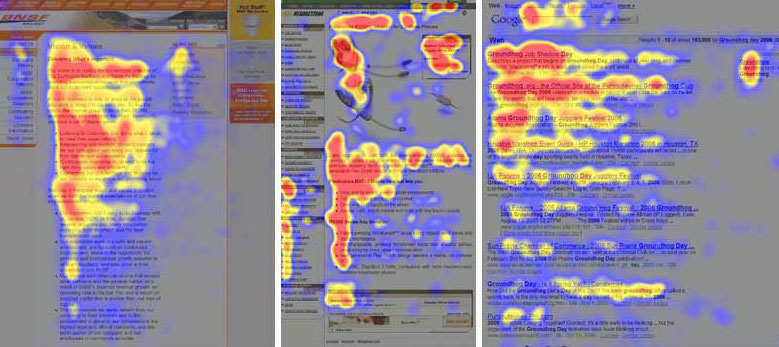Did you know that you have access to robust conflict data on Africa? Or that the United Nations High Commissioner for Refugees (UNHCR) and the United States Agency for International Development (USAID) have made reports on refugee situations throughout the Middle East available to you? What about World Bank project information? Did you know it can be readily found online? Yes, I’m speaking to you, the everyhuman at your desk (or let’s be honest—on your phone). You don’t need to be in government or work for a fancy firm to find this information.
What if I told you that the majority of visitors to your site aren't actually reading your content but are just skimming it? The fact is most people simply don't bother reading everything on your page. There are many reasons for this, but they all stem from a simple notion: the ways people read online versus with print are completely different. To have customers or readers spend more time on your webpage and get the most out of your content, you need to understand how to write for the web, but you can only get there if you understand how to read on the web.
Out of the Wild: Taming the Information Beast in the Digital Age
As knowledge workers in today’s digital world, we’re constantly bombarded with unstructured information of all types in all formats–emails, news feeds, blogs, research papers, whitepapers, performance reports, market analyses, etc. And information comes at us from all angles, 24/7—from internal organizations, external sources (friendly or otherwise), public websites, and private networks. With the endless barrage, it’s no wonder the term “information overload” has become normalized business parlance in the 21st century.
In an ideal state, too much information would be considered a good thing. Analysts would have abundant data and unparalleled expertise at their fingertips to sift, sort, ingest, massage, and process, thereby creating unique business intelligence and true value for their organizations that improve productivity. But reality tells a different story. The intangible result of information overload is overwhelming chaos in our brains, on our laptops and servers, and by extension, in our larger organizational systems. The basic business result, of course, is lost worker productivity. However, even more debilitating is the lost actionable business insight that’s never created due to the inability to harvest and leverage knowledge quickly.
Tags: Complexity, Community, Continuity
If you have worked with or for any US government agency, you know that sharing “across lines” with other agencies is at best a headache and at worst out of the realm of reality. There are many reasons for this predicament, including long-standing workflows, simple access rules, and perhaps even fear of being redundant. It’s difficult. Failing to collaborate “across lines” deprives you and your partners of information that benefit the entire community.
Post-9/11, many agencies did in fact alter course to enhance information sharing practices, successfully preventing terrorism. In June 2015 the Joint Terrorism Task Force (JTTF) thwarted a plot by Usaamah Rahim to kill police officers. Improved information sharing between federal and local law enforcement played a critical role in disrupting the plot and preventing loss of life.
Tags: Complexity, Control, Community




